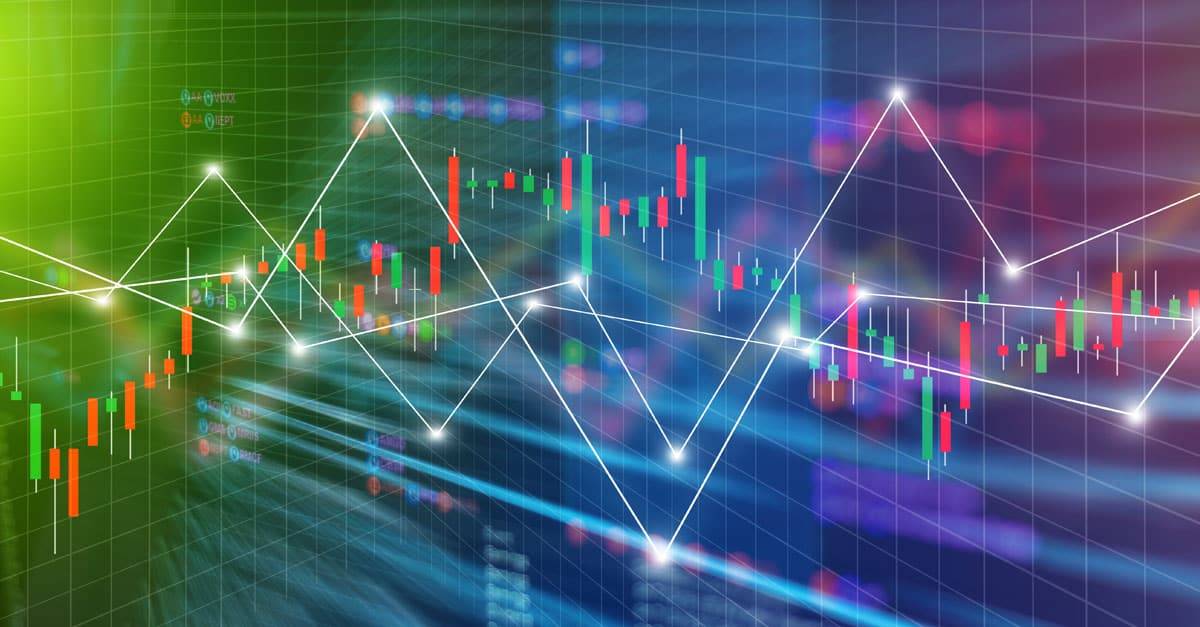This article explains about how these indices work, how trading works on stock exchanges, and how they all affect and represent the global financial market as a whole.
The Role of Indices in Stock Exchange Trading
The DAX, Dow Jones, and Nikkei 225 are all important indicators of how well the economy is doing. For example, the DAX, which is made up of 40 of Germany’s biggest companies, shows how strong the country’s business climate is. In the same way, the Nikkei 225 tracks 225 top Japanese industrial companies and shows how the Asian market is doing, while the Dow Jones tracks 30 big US stocks and shows how the global market is doing.
The DAX shows how Germany’s economy is doing
The 30 biggest German companies that trade on the Frankfurt Exchange make up the DAX, which is based in Germany. It keeps an eye on big companies that trade a lot on the Frankfurt market, which is Germany’s biggest stock market.
Multinational companies like Adidas, BMW, Deutsche Bank, Merck, SAP, and Volkswagen Group are part of the index, which is a measure of the German economy and market conditions. Its makeup is checked regularly based on trading volume and market capitalization to make sure it includes the biggest players in the German economy.
Wealth Aggregation: Simple, Dynamic, and Secure Beyond Compare. Discover the Altoo Wealth Platform!
Dow Jones: A Measure of the American Economy
An important part of the U.S. stock market is the Dow Jones Industrial Average, which is made up of 30 big, widely traded companies based in the U.S. The index is one of the oldest and gives a good picture of the U.S. stock market and economy as a whole.
The index is price-weighted, which means that companies whose stock prices are higher have a bigger effect on how well the index does. A lot of people use this index to figure out how healthy the U.S. industry and the world market as a whole are.
Nikkei 225: A Sign of the Japanese Market
The Nikkei 225 is a major Japanese stock index that tracks the success of 225 of the country’s largest companies. It is very important to show how the Asian market is doing and what the trends are. The Nikkei 225, like the DAX and Dow Jones, is an important indicator of the health of the economy in its area and adds to a global view of the economy.
When put together, the DAX, Dow Jones, and Nikkei 225 show not only how healthy their national economies are, but also how global financial markets are linked. If these measures change, it can affect markets around the world and change how investors feel and how they plan their finances. Global investors and economic analysts need to know about these indices to figure out market trends, investment prospects, and economic predictions for different parts of the world.
How does trading on the stock exchange work?
The stock exchange is a regulated market where stocks, bonds, commodities, and, more recently, cryptocurrencies are bought and sold. Prices are set by how supply and demand change over time. Shares, also called stocks, are very important because they show ownership in public companies. Trading on the stock market is a complicated process that involves many people, groups, and tools.
What is a Stock Exchange?
A stock exchange is a regulated place where people can buy and sell shares in companies open to the public. It follows a set of rules and is supervised by government bodies to make sure it is fair, open, and easy to use. The New York Stock Exchange (NYSE), the NASDAQ, the Shanghai Stock Exchange, and the London Stock Exchange are some of the most important stock platforms. Each has its own market capitalization and list of companies.
There are different ways to trade on a stock exchange:
Auction Market: In this traditional way of selling, buyers and sellers bid on stocks, and the price is set by the biggest bid or the lowest offer. The NYSE is known for its auction-based method, even though most trade now takes place online.
Dealer Market: In this method, dealers list the prices at which they are ready to buy or sell stocks and use their own money to make the deals happen. This method, which is used by NASDAQ, makes the market more open because buyers and sellers don’t have to be in the right place at the same time.
Electronic Trading: Electronic trading is done through electronic communication networks (ECNs) on most modern platforms. The old open outcry system has mostly been replaced by this one, which makes trade faster and more efficient.
What are the pros and cons of the stock market?
Companies can get money from the stock market by selling shares. People who want to invest can buy these shares and get dividends and the possibility that the price will go up. This method has made the economy work better and made more money.
But there are some risks. It’s possible to lose money on the stock market, and it can go up and down. Companies may find it hard to issue shares because of the strict rules and possible costs involved. Fraud and manipulation can also happen in the market, which is bad for investors and the business as a whole.













